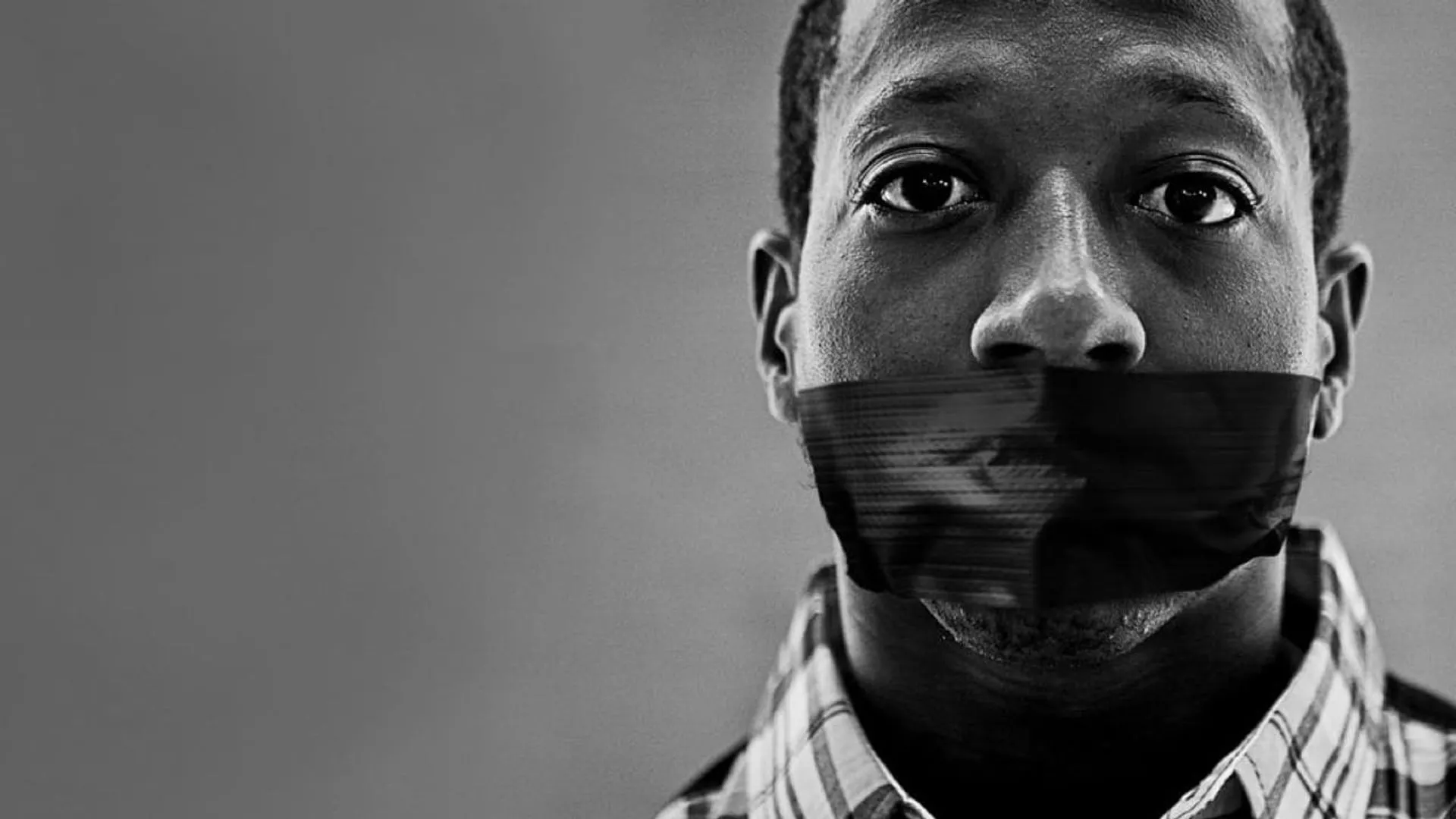Joe Gutierrez | CSUSB Office of Strategic Communication | (951) 236-4522 | joeg@csusb.edu

Kalief Browder was 16 years old, accused of stealing a backpack and, charged as an adult, was sent to New York City’s Rikers Island jail because his family could not afford the $3,000 bail. He ended up spending three years there – two of them in solitary confinement – and was starved, beaten and abused by guards and inmates.
His case never went to trial. Prosecutors, after more than 1,000 days of confining Kalief, dropped the charges because of a lack of evidence. Three years after his arrest, at the age of 22, Kalief committed suicide.
“Kalief’s Legacy, Presented by Akeem Browder,” will be the focus of the next Conversations on Race and Policing, set for 1 p.m. Tuesday, Nov. 9, on Zoom.
The program is open to the public and can be accessed from a PC, Mac, Linux, iOS or Android at https://csusb.zoom.us/j/97960458784.
Akeem Browder is a social justice advocate and agent of change. The Bronx native works to honor the legacy of his brother, Kalief, and mother, Venida Browder, by working with elected official, lawyers, doctors, college students and community-based organizations to change laws, policies and regulations that devastate poor communities and families that have been impacted by mass incarceration and solitary confinement in state prisons.
He is the founder of Shut Down Rikers and the Kalief Browder Foundation. A civil engineer by trade, he is currently traveling the country promoting the six-part Spike TV docu-series “Time: The Kalief Browder Story,” which is currently streaming on Netflix.
Conversations on Race and Policing, also known as CoRP, began in the aftermath of the May 25, 2020, death of George Floyd while in the custody of four Minneapolis, Minn., police officers. A video of the incident posted on social media led to widespread protests, the firing of four police officers, the arrest and conviction of one officer on a second-degree murder and related charges, the other three on charges of aiding and abetting second-degree murder – and a spotlight worldwide on race and policing.
The series has featured scholars, journalists, law enforcement officers, lawyers, activists, artists, educators, administrators and others from throughout the nation who shared their experience and expertise on issues related to race and policing.
More than 40 forums have taken place, and video recordings of the sessions are posted online on the Conversations on Race and Policing Lecture Series Archive.
The series is organized by CSUSB students Marlo Brooks, Zoralynn Oglesby, Evelyn Jimenez, Jade McDonald, Jaime Castro and Connie Cornejo; Mary Texeira, CSUSB professor of sociology; Jeremy Murray, CSUSB associate professor of history; Robie Madrigal, public affairs/communication specialist for the CSUSB John M. Pfau Library; and community member Stan Futch, president of the Westside Action Group.
For more information, contact Robie Madrigal at rmadriga@csusb.edu or Jeremy Murray at jmurray@csusb.edu.
Also visit the Conversations on Race and Policing webpage.